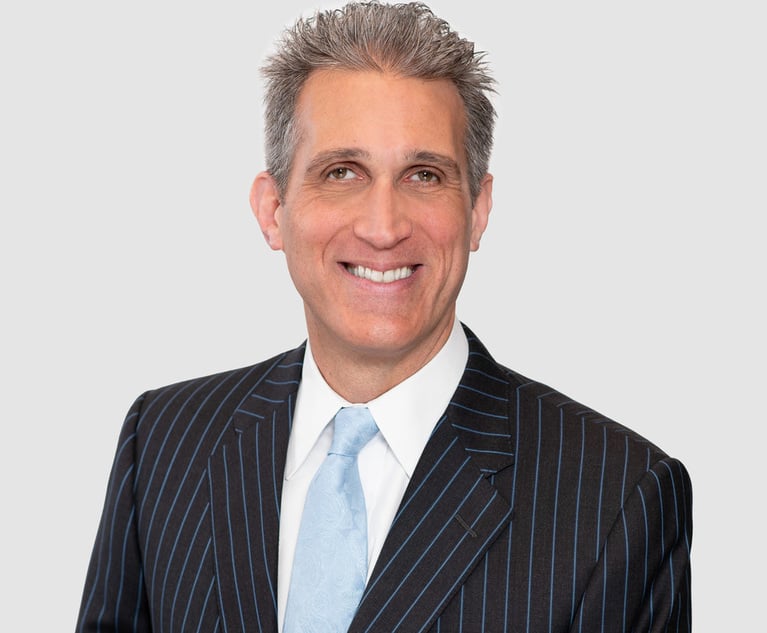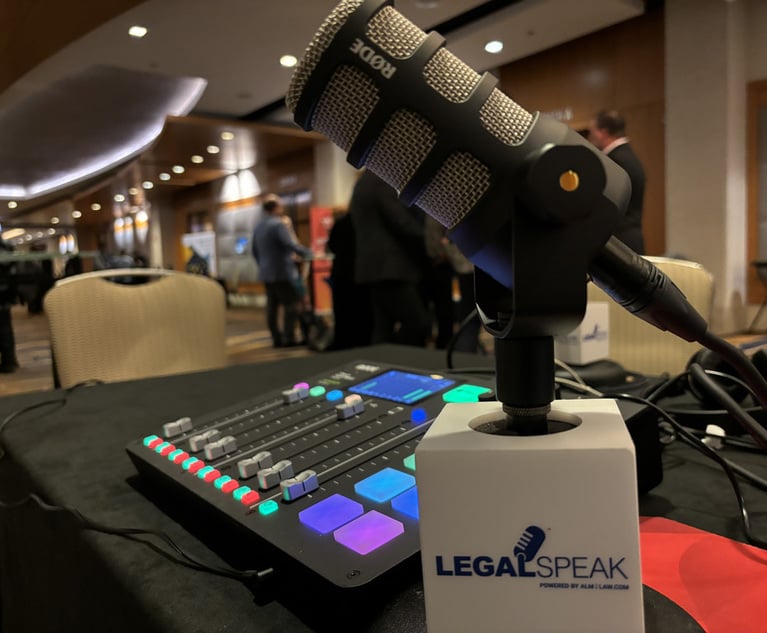If you’ve ever known lawyers who struggled with addiction or a mental health problem, chances are they were quite reluctant to admit anything was wrong. Even in the face of compelling evidence to the contrary, they likely denied the existence of any struggle, perhaps even cautioning you not to believe your lying eyes.
But why? Why exactly are lawyers so afraid to admit these types of problems, often to the point of a mutually exhausting campaign of gaslighting and duplicity? Often it is because they don’t want to appear unreliable, untrustworthy, incapable or otherwise less-than. Above all, they don’t want anyone to think they could be impaired.
This content has been archived. It is available through our partners, LexisNexis® and Bloomberg Law.
To view this content, please continue to their sites.
Not a Lexis Subscriber?
Subscribe Now
Not a Bloomberg Law Subscriber?
Subscribe Now
LexisNexis® and Bloomberg Law are third party online distributors of the broad collection of current and archived versions of ALM's legal news publications. LexisNexis® and Bloomberg Law customers are able to access and use ALM's content, including content from the National Law Journal, The American Lawyer, Legaltech News, The New York Law Journal, and Corporate Counsel, as well as other sources of legal information.
For questions call 1-877-256-2472 or contact us at [email protected]










